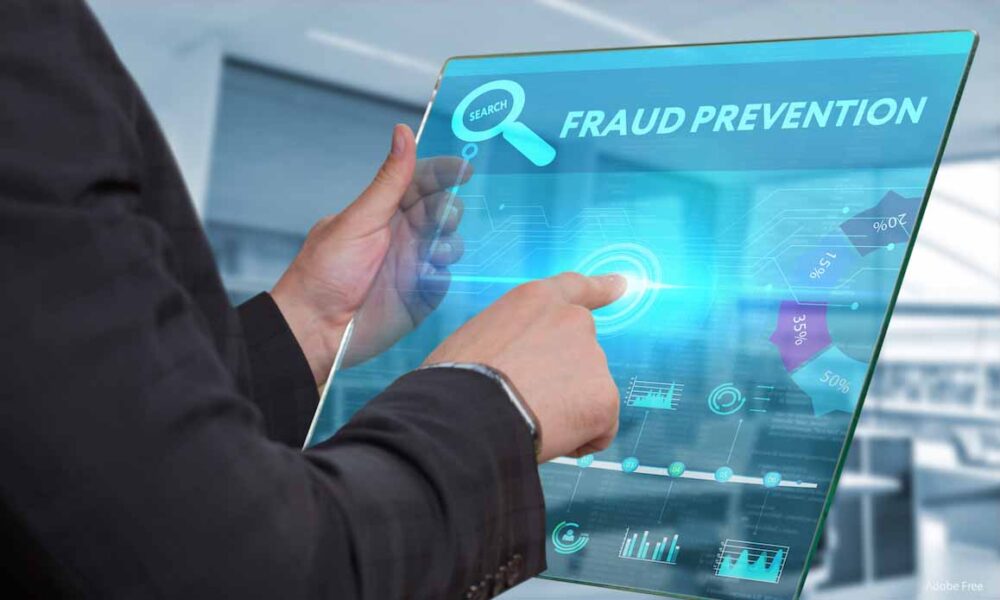Accounting & Finance
Forensic Accounting In Business

What is forensic accounting, and how are businesses using it? Forensic accounting is used by law enforcement agencies to investigate crimes and fraud. It involves examining financial records to determine whether there has been any wrongdoing.
Forensic accounting is what businesses, large and small, use to investigate suspected financial crimes and other purposes, including the validity of insurance claims and the working out the fair market value of business valuations for sales or M&A (mergers and acquisitions) activity. Did you know forensic accounting can also be used to determine the financial health of your business? It can and so in this business blog article we look at topics including:
- Understanding forensic accounting
- Where to find forensic accountants in business
- Identifying fraud and other crimes
- Determining financial health
- Detecting misuse of funds
- Preventing future losses
- Protecting assets
Understanding Forensic Accounting
Forensic accounting used to be carried out solely by CPAs (certified public accountants) and their teams with evidence limited to audit and compliance discovery.
Towards the end of the twentieth century, the Association of Certified Fraud Examiners (ACFE) was formed in 1987. The Financial Institutions Reform, Recovery, and Enforcement Act of 1989 (FIRREA) gave more powers to widen the scope of financial crime investigation.
More auditing and compliance requirements followed significant business failures like Enron and WorldCom. There was evident the need for antifraud specialists and dedicated forensic accountants with duties that far extended beyond accounting audits.
Today, forensic accountants have expert accounting and legal knowledge. They are expected to have their CPA certification and CFE (certified forensic examiner) or CrFA (certified forensic accountant) qualifications. Their skills include great attention to detail, inquisitiveness and tenacity and clear written and oral communication.
Forensic accountants are hired by businesses to investigate suspected cases of fraud and other irregularities which may include financial reports that:
- under or overstate assets
- understate income
- hide or overstate losses
- hide liabilities
Identify Fraud and Other Crimes
Financial crimes, such as identity theft, securities fraud, or embezzlement, may require forensic accounting. In such cases, a forensic accountant investigates the crimes to determine whether they were intentional and compiles evidence against the offender.
Fraud
If you suspect fraud, forensic accountants can help you identify the problem early so you can take steps to prevent it from happening again. They will also provide recommendations for improving internal controls and processes to reduce the likelihood of future fraud.
Other crimes
Forensic accountants may also be used in divorce cases to determine whether one spouse was hiding assets from the other. Other civil cases, including breaches of warranty, breaches of contract or tort disputes, may utilize forensic accounting to ensure accurate asset valuation.
Determine Financial Health
A forensic accountant can help you determine whether your business is financially healthy by reviewing financial statements and other documents. This includes examining cash flow, balance sheets, income statements, and more. Your business may be considering investing in new growth strategies and understanding the business’s financial health is the first step before securing a business loan.
Detect Misuse of Funds
If you suspect your company has been misusing funds, a forensic accountant can identify where those funds went and what happened to them. They can also help you understand why certain transactions were made and who benefited from them.
Prevent Future Losses
A forensic accountant can help you prevent future losses by identifying potential fraud before it happens. This means you can avoid losing money and keep your business running smoothly.
Protect Assets
If you’re interested in growing your business, you must protect your assets. You should also make sure that you’re not committing any fraudulent activities. That’s where a forensic accountant comes into play. They will identify potential fraud and help you prevent it from happening again.
Where Are Forensic Accountants In Business?
Forensic accountants can be found in most industries as freelancers, consultants, employees or in private practice. If you were to consider a career in forensic accounting, you may find yourself working with:
- Law Enforcement Agencies
- Insurance Brokers
- Government Agencies
- Financial Institutions
- Public Accounting Firms
- Consulting Practices
Insurance
The insurance industry often utilizes forensic accounting to determine whether claims are accurate, especially surrounding medical malpractice and vehicle accidents. Forensic accountants are used to determine whether or not economic damages are reasonable based on historical financial data.
M&A
Forensic accounting also has other uses beyond investigating financial crimes, including assessing true value, which is between what is perceived and what is real. Forensic accounting will provide discovery for consensus of fair market rate, e.g., salaries, mergers and acquisitions, and sales.
For mergers and acquisitions, forensic accounting plays a vital role, including:
- investigate and confirm the validity of background information
- accuracy of the financial statements
- financial growth projections
- confirm the terms of the agreement
Litigation
Some legal disputes that require the determination of compensation may involve forensic accounting. A forensic accountant may be necessary to determine the extent of damages and what is fair for each party.
Final Thoughts
Forensic accounting is a specialized field that supports regulatory associations and legislation.
Businesses may find that their financial teams are involved when dealing with suspected fraud. As a result, it is necessary to bring in experts to investigate and present discoveries.
Even when fraud is not involved, businesses now like to have regular forensic audits done for peace of mind, security, and compliance.
Regular forensic audits can identify vulnerabilities in processes, systems and apps that may be exploited by would-be criminals.
Preventing financial information from ending up in the wrong hands protects the business, and this is where forensic accounting is proving instrumental.









